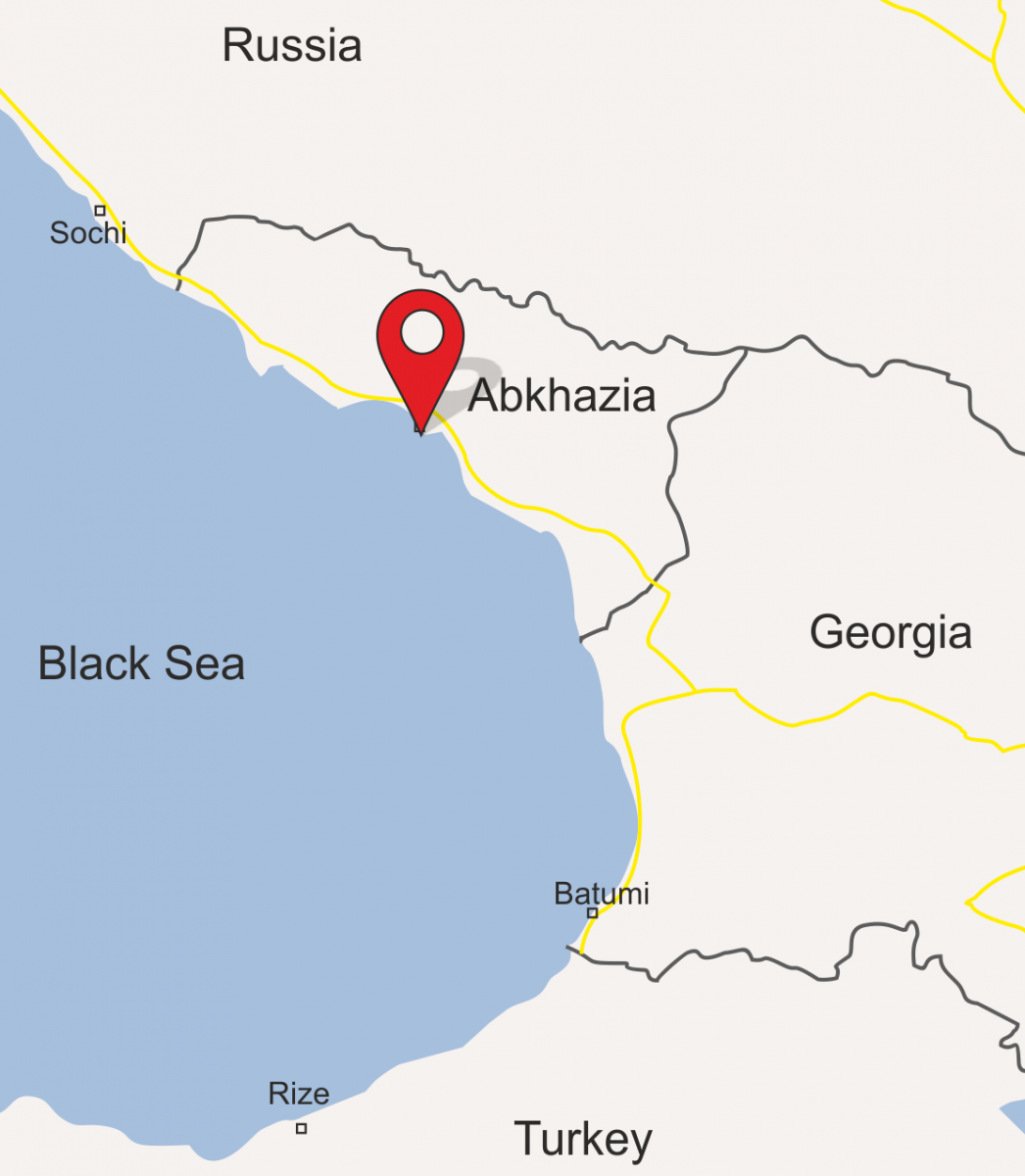News
The United States has cemented its position as the world's leading exporter of Liquefied Natural Gas (LNG) over the past couple of years, thanks to surging natural gas demand in Europe and Asia. U.S. LNG exports hit a record 111 million tons in 2025, surpassing 100 million metric tons for the first time, driven by high utilization and new capacity additions from projects like Plaquemines LNG. But this could be just the beginning of the U.S. LNG boom: the EIA has predicted that U.S. LNG export capacity will more than double by 2029, with an estimated…
Several automakers are investing heavily in robots in a bid to further automate operations in the future. It does not seem to matter that the current generation of humanoid robots works at a slower pace than humans, as automakers still view these machines as more cost-efficient for their factories. While Elon Musk invests heavily in Tesla’s Optimus Robots, Hyundai has big plans for incorporating robots in its United States operations in the coming years. A recent estimate by Barclays suggests that the current humanoid robot market has a value…
The oil and gas sector is continuing to consolidate after years of ‘merger-mania’, with ramifications for the entire energy sector and wider economy. But a recent report reveals that the spate of mergers and acquisitions that has characterized the fossil fuels industry over the last decade is not as widespread as it may seem, but rather concentrated among a few key players. A newly released report from the consulting firm Bain & Co found that, within the oil and gas sector, “fewer companies are doing more of the deals…
Iran's Islamic Revolutionary Guard Corps (IRGC) Navy says it has seized two vessels near Farsi Island allegedly carrying large quantities of smuggled fuel, the country's Students' News Agency (ISNA) reported Thursday - at a moment the nation's military has its "finger on the trigger" amid threats from the Trump White House and Israel. More than one million liters of diesel were discovered aboard the ships, according to the IRGC Navy's public relations office, and the seized 15 foreign crew members have been handed over…
Venezuela’s autocratic ruling regime, led by interim President Delcy Rodriguez, recently announced it created the legal framework required to privatize Venezuela’s oil industry, thus ending PDVSA’s monopoly. This is in accordance with U.S. President Donald Trump’s demands and comes at a time when Washington is easing restrictions on trading with Venezuela. While questions loom over whether Venezuela is investable for foreign energy companies, this is huge step in the right direction, removing a key concern for Big Oil. Although…

